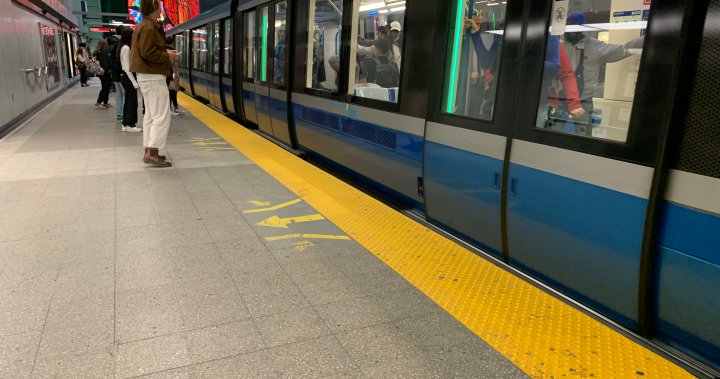Public transit fares are set to increase by an average of three per cent on July 1 in Greater Montreal, affecting all users of transit agencies in the Montreal metropolitan area. Some users, such as Alex Morin and Sally Livingston, are expressing concerns about the fare hikes, with Morin mentioning that he is already paying a significant amount for transit and will now have to tighten his budget even further. These fare increases are being implemented as transit agencies are facing projected deficits of $561 million by 2025, according to L’autorité régionale de transport métropolitain (ARTM), which oversees fare prices and budgets for the agencies. The funding for public transit comes from a combination of user fares, municipal subsidies, and government funding, with the current government claiming to invest more in public transit than any previous administration in Quebec.
The political debate surrounding public transit funding has been heating up in both Montreal and Quebec City, with Premier François Legault emphasizing the need for municipalities to contribute more towards public transit expenses. Transport Minister Geneviève Guilbault has also weighed in, stating that the government’s role is to support public transit but not to manage it on a daily basis. The co-spokesperson of Québec Solidaire, Gabriel Nadeau-Dubois, has suggested tapping into a $1.7 billion green fund to help alleviate the financial strain on transit agencies in the short term. A meeting is scheduled between the transport minister, mayors of Greater Montreal cities, and transit agency operators in June to explore new ways to boost revenues and reduce budget deficits.
With the fare increases looming, many transit users are voicing their frustrations and concerns about the added financial burden they will face. Some are calling for more government intervention and financial support to alleviate the pressure on transit agencies and prevent significant fare hikes. The debate around public transit funding is ongoing, with various stakeholders expressing different viewpoints on how best to address the financial challenges faced by transit agencies while ensuring accessible and affordable public transportation for all residents in the Montreal metropolitan area.
The decision to increase public transit fares comes at a time when transit agencies are struggling with growing deficits and a lack of sufficient funding to maintain services and infrastructure. The government’s emphasis on municipalities contributing more towards public transit expenses has sparked a debate about the responsibilities and roles of different levels of government in funding and managing public transportation. As users continue to grapple with higher fares and limited options for affordable transportation, the need for sustainable and equitable funding solutions for public transit remains a pressing issue for policymakers and transit agencies in Greater Montreal.
The upcoming meeting between government officials, mayors, and transit agency operators presents an opportunity to explore potential solutions to address the financial challenges facing public transit in Greater Montreal. By discussing new ways to boost revenues and reduce budget deficits, stakeholders can work together to ensure the sustainability and accessibility of public transportation services for all residents in the region. As the debate continues to unfold, finding a balance between user fares, government subsidies, and municipal contributions will be crucial in shaping the future of public transit in Greater Montreal and addressing the needs and concerns of transit users in the area.


